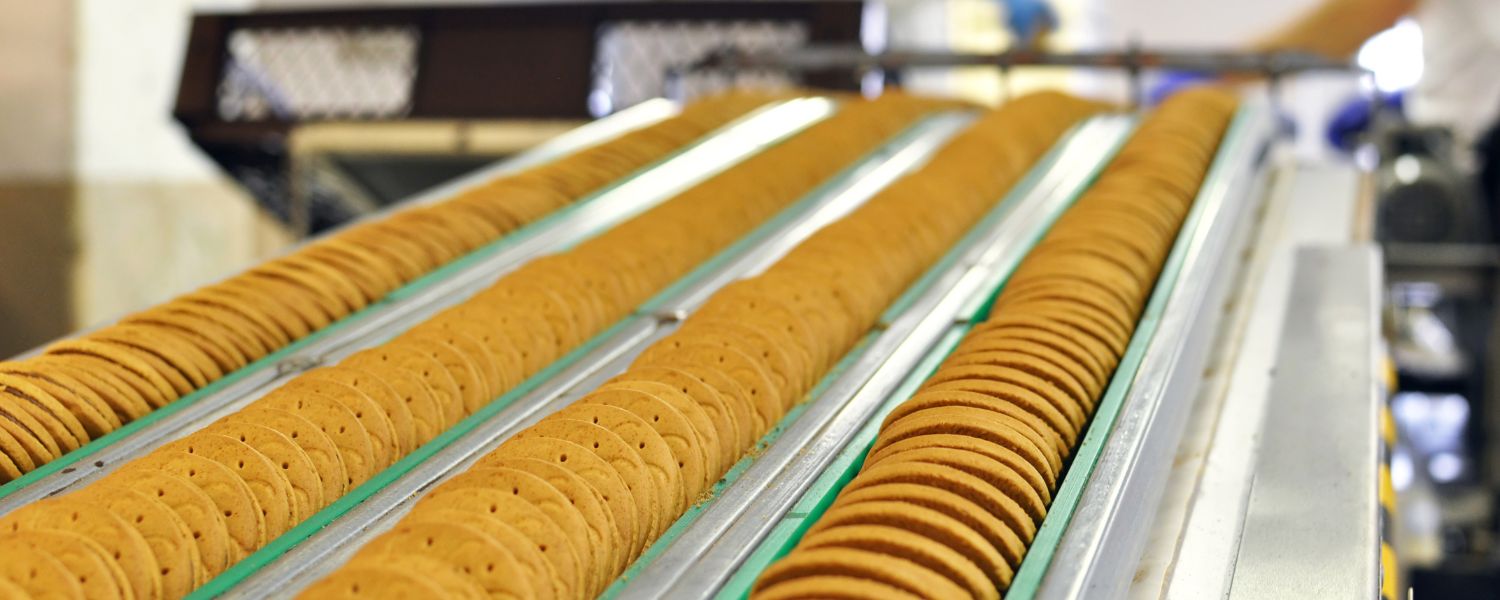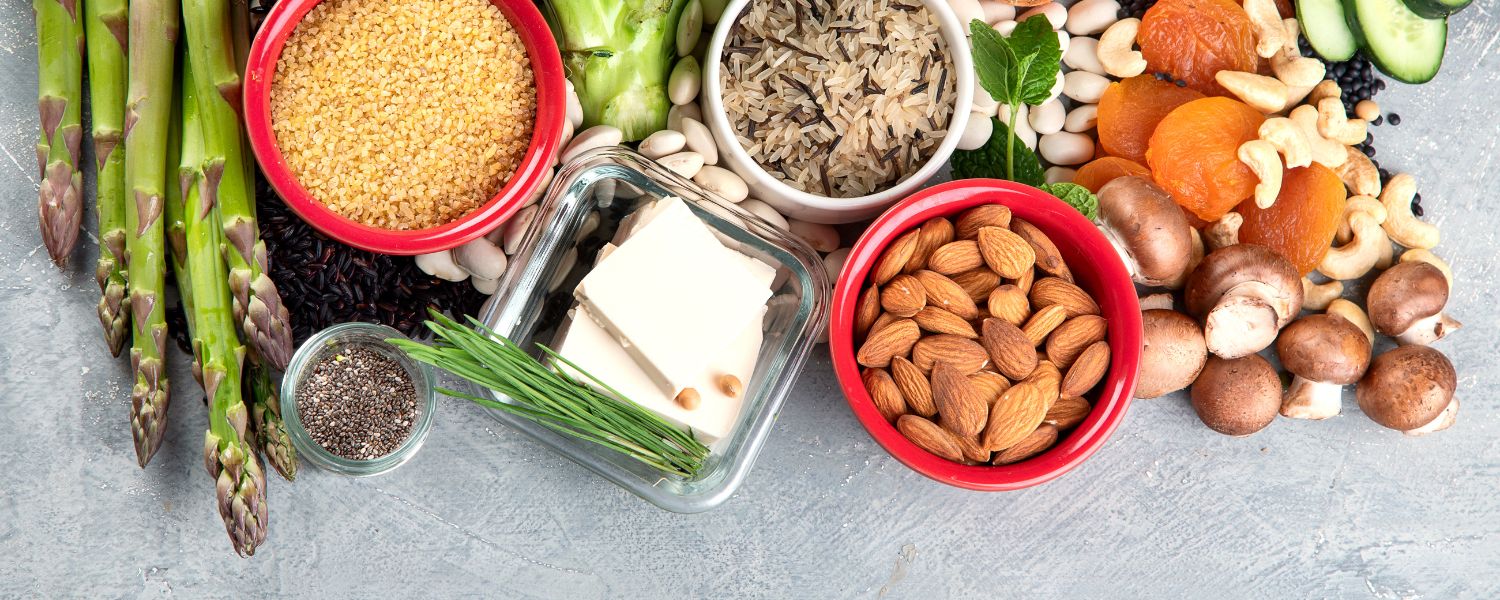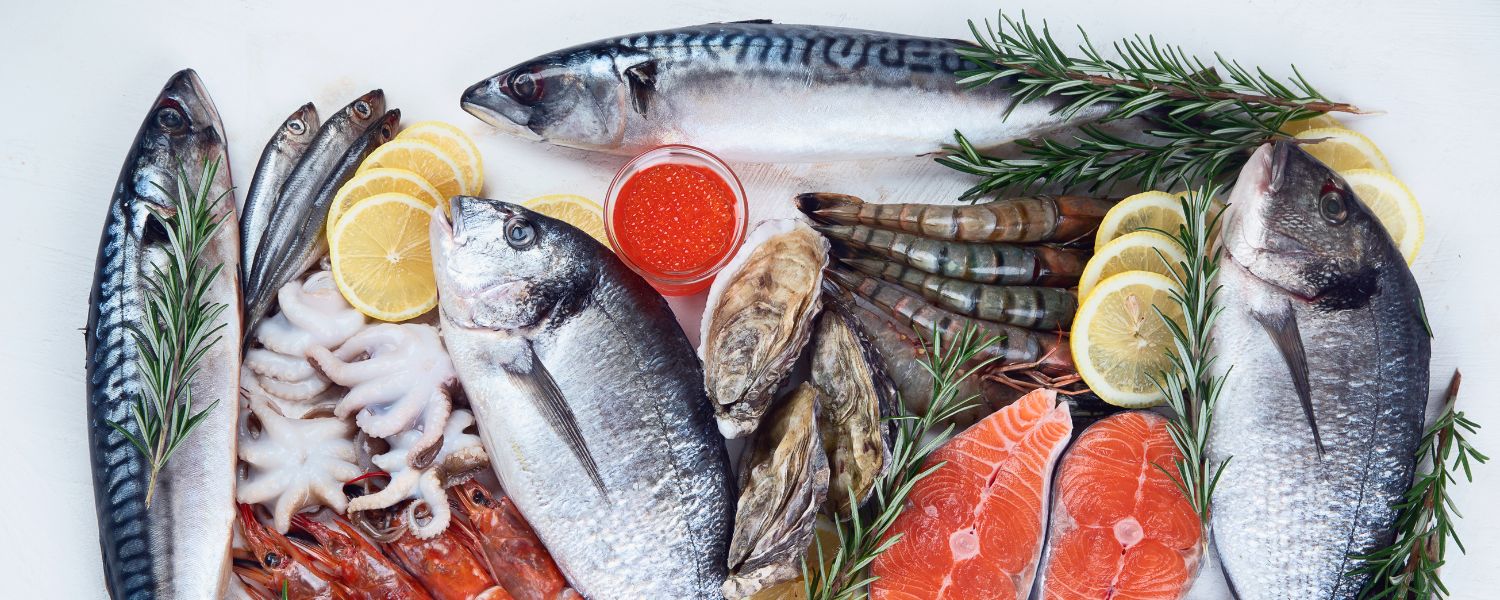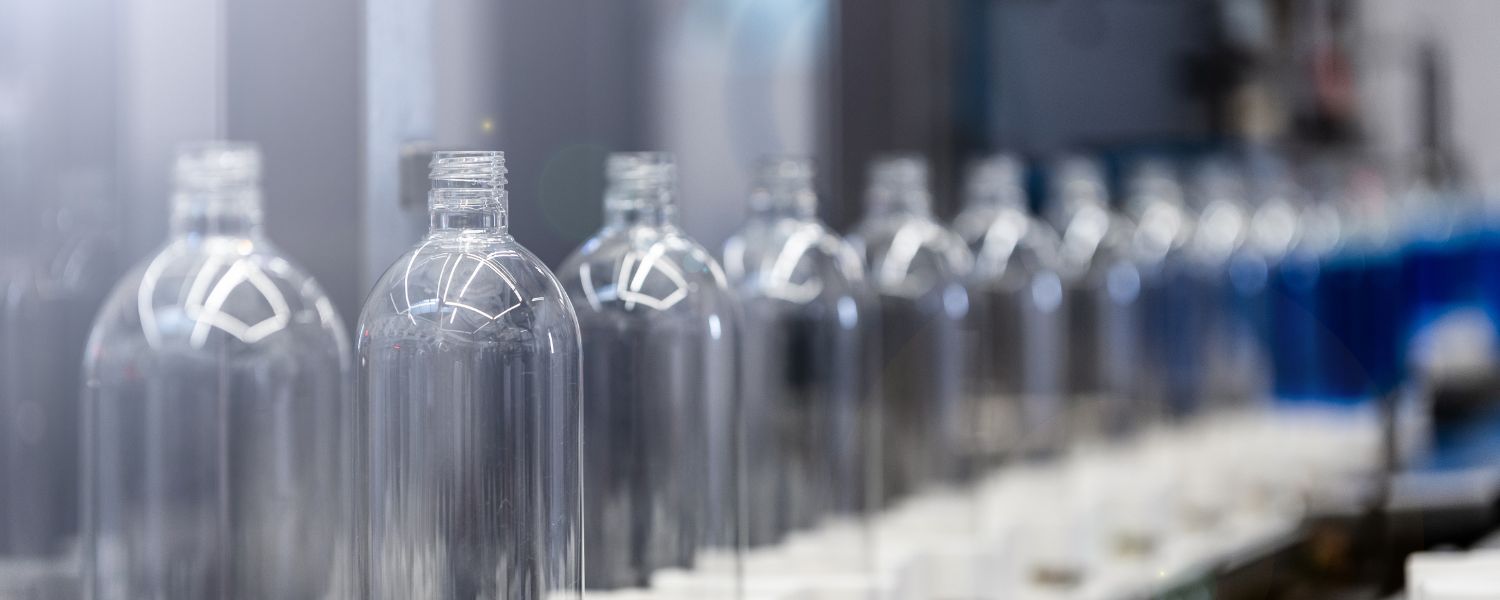The fact that the planet is in a state of chaos is difficult to overlook these days, and it’s come to everyone’s attention that restoring it to its former glory is impossible without revolutionizing how we look at food.
Every person can make a small contribution and little by little, we can change the planet, allowing for much more sustainable food production to become popular.
Millions of pounds of food get thrown out every day, and if we could make sure that less food gets wasted we could contribute to the revolution of the global food industry.
On top of this, certain changes to our diet are necessary for a number of other reasons, including our health, which is influenced to a great degree by what we eat and drink, and these small adjustments, which won’t seem like a lot at first, will make a mountain of a difference in the long run.
The food industry

Over the course of hundreds of years of farming and adapting our food consumption to the new technologies we embrace, our actions have caused great amounts of distress to this planet and its ecosystems.
Thousands of forests have been removed to make room for rearing cattle and growing crops to feed aforementioned cattle, and that’s just the food we don’t consume, which takes up even more farmland.
Food production may have had the greatest impact on the loss of wildlife around the globe, and it’s time to turn to some more sustainable farming methods in order to help preserve the many species that have remained.
Unfortunately, that’s not even the greatest issue we’re dealing with, as increased farmland creation has greatly contributed to climate change, forcing us into a less-than-favorable position, and it’s one that’ll take years of work to get out of.
Plant-based diet

The farm animals that are destined to be consumed or contribute to the dairy industry require immense amounts of water and feed to grow to their desired weight and age.
If you look at a table of all the greatest greenhouse gas emission sources, the livestock industry makes up almost 15% of all the manmade gas that pollutes our atmosphere.
While it may not seem like a lot, on a global scale this is more than alarming, and reducing meat consumption by just 10% could potentially help us ward off a climate disaster in the coming years.
Unfortunately, meat consumption has only gone up in the past 50 years, soaring higher than ever before, which is a sign that our diets are ripe for some updates.
Prioritizing plants over meat products is easier than you’d think, and if you’re able to stomach some of the gateway food at the start of your vegan diet, you’ll soon realize it was within reach all along.
Make different seafood choices

Around 94% of all fish stock is overfished or pushed to absolute limits in terms of sustainability, which left a lot of scars on the ecosystems of our seas and rivers.
That being said, seafood offers a wide variety of different fish and invertebrates for you to choose from, each tastier than the other.
Another benefit of turning to seafood is the fact that farming it sustainably has a great impact on the climate, as seafood farms don’t require millions of gallons of water just to keep the animals alive.
By diversifying your seafood choices, you could help contribute to the lowering of mankind’s greenhouse gas emissions, and if you eat seafood that’s lower on the food chain, you could prevent other species from being overfished.
Give up on plastic packaging

It’s hard to walk into a supermarket and not see already peeled oranges packaged in plastic, almost as if the fruit’s natural peel wasn’t good enough of a way of keeping it fresh for longer.
Even though plastic recycling plants do exist, an embarrassingly low amount of this plastic actually gets recycled, to the point where one begins to wonder how it’s even helping fight climate change.
Recycling technology has yet to reach a point where it’s efficient enough for it to be worth your while, and the better thing you could do is just not contribute to the plastic industry.
By not buying these plastic-wrapped foods at the local market, you’re directly opposing the trend and giving companies more of a reason to not package fruits and vegetables this way.
Finally, you could contact some of these brands yourself and ask them to change the way they package their products, and you’ll be surprised by how effective some civil action can be.
Bottom line
We as a species have made some great contributions to food production and farming technologies, but we’ve forgotten that this planet is one we’re borrowing, not one we own.
Food production has greatly influenced the direction climate change has taken, and it’s up to us to make some necessary changes in order to fight off climate change and preserve Earth for as long as we can.
